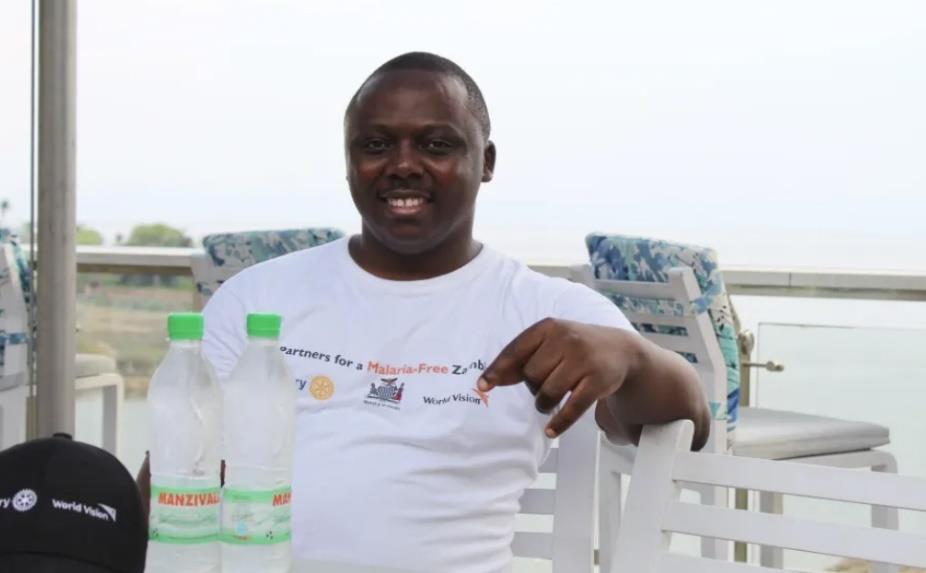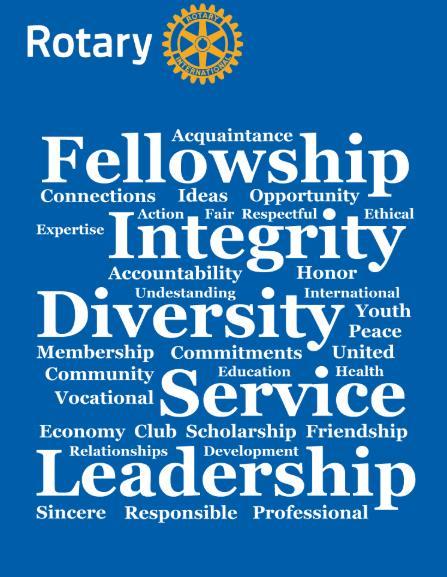
1 minute read
Fighting malaria is personal
By Eric Liswaniso, member of the Rotary Club of Ndola and the Rotaract Club of Lusaka, Zambia
One of the most frustrating things about malaria is the preventable suffering it imposes on families. The death of a child or a parent, the loss of work, or economic stability can be devastating.
Advertisement
I lost my parents quite early, and life became very difficult for me and my siblings. Fortunately, with help from family members, I was able to complete my education and support my younger siblings through their schooling.
But my experience awakened me to the misfortune of many others, for whom losing a parent leads to a lifetime of suffering. I’m now a husband and the father of a two-yearold daughter, so fighting malaria — which particularly affects children under five and pregnant women — is personal.
Four years ago, I joined the Rotaract Club of Lusaka, Zambia, to serve my community. When I moved to Ndola to do malaria prevention work, I joined the Rotary Club of Ndola. As a program manager for the organization Malaria Partners Zambia, my professional work contributes directly to ending malaria in this country. It has become my calling. We want to give our children a fair chance of survival and help them thrive by bringing health services closer to them.
In my new role, I help mobilize Zambian and international Rotary members as part of the Partners for a Malaria-Free Zambia program, which in 2021 became the first member-led project to receive The Rotary Foundation’s $2 million Programs of Scale grant.

With additional funds from World Vision U.S. and the Bill & Melinda Gates Foundation, we’ll have $6 million to carry out a three-year program to recruit, train, and support 2,500 community health workers to combat malaria. They’ll test for, diagnose, and treat malaria as well as pneumonia, diarrhea, and other preventable diseases among more than 1.2 million Zambians, mostly in hard-to-reach areas.
Click here to read why ridding Zambia of Malaria is personal.









